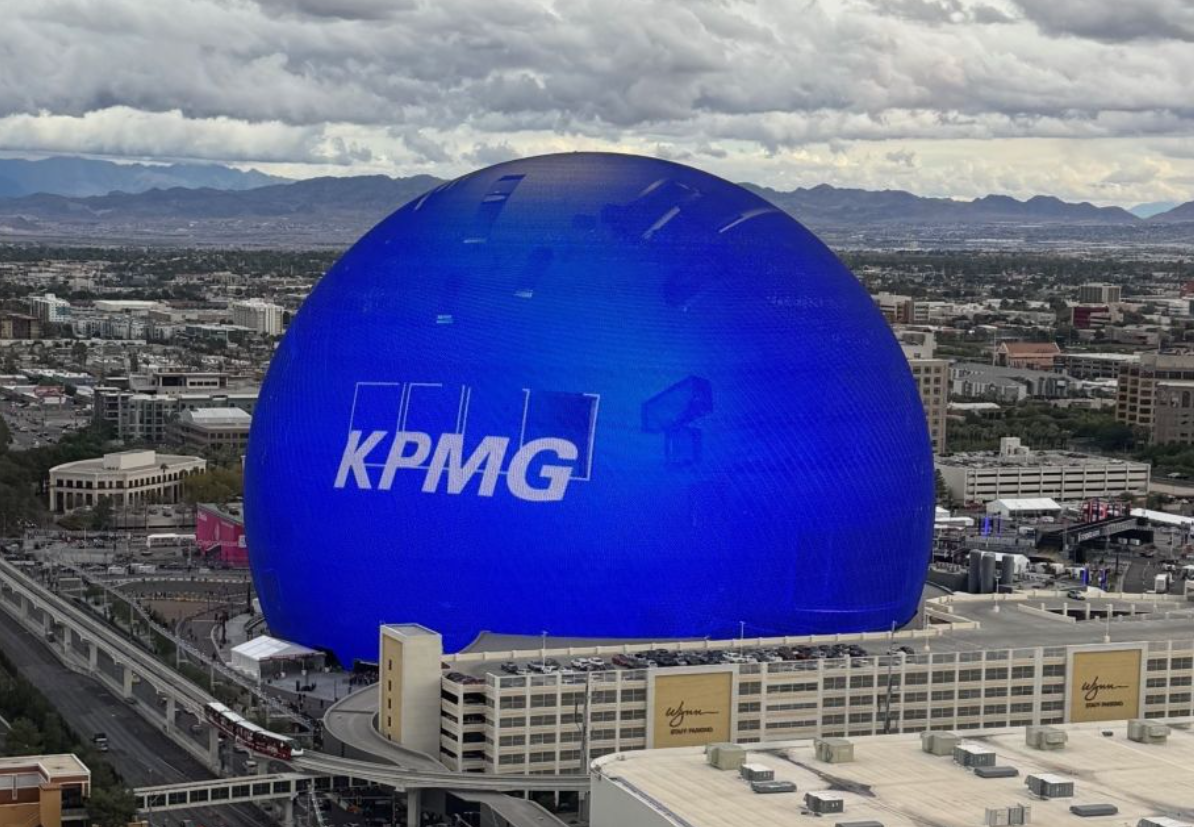From the December 2010 Issue
From iPhones and iPods to iPads and MacBooks, Apple’s lines of computers and other electronic devices continue to grow in popularity. While consumer technology publications have noted the increased adoption of Macintosh systems for personal use, the pages of this magazine have also occasionally delved into the Mac side of things, most recently during point-counterpoint columns between our executive editor (pro-Mac) and myself (pro-PC), and similar companion columns about the iPad.
For industries such as graphic design, music production and publishing, the Mac has always been the preference. But in general business environments, the PC has remained the status quo, regardless of user preference. This is especially true for tax and accounting professionals because of the relative lack of Mac-capable professional applications for practitioners. But with the continued movement to the SaaS model where users access programs through their web browser, the platform of the computer is becoming less of an issue. However, there are still some areas that accounting and tax pros aren’t fully ready to jump to the cloud.
Bill Miranda, a Dallas-area CPA, has found a way to satisfy both his preference of all things Mac and the continuing evolutions in accounting technologies. Since he founded his practice, William Miranda CPA (www.billmirandacpa.com), in 2005, the five-person firm has used only Mac computers, a feat made possible by programs such as Boot Camp, a utility in modern versions of Apple’s Leopard and Snow Leopard (OS 10.5 and 10.6) that allows users to install the Microsoft Windows operating system, which then makes it possible to run Windows-based programs, including all professional tax and accounting systems.
|
|||||||||
Bill has also taken the technology in his practice a step further, with remote access tools like GoToMyPC and VPN connections to his firm’s computers for his five-person staff, allowing most of them to work from home offices on a permanent basis, but with all data remaining on the computers in his firm. Yes, Bill Miranda is a technology and Mac geek, and there’s a good reason for it, he says.
“We’re in a growth mode, and we want to be as efficient and profitable as possible,” he said. “That means an extra focus on technologies that help us keep lean while growing, by being better at leveraging time and productivity.” These technologies also allow him to manage clients across the country, as well as local businesses.
As for Macs in particular, while working for several years in taxation at Peat Marwick Mitchell and Arthur Anderson, and as a tax partner with KPMG, Bill had given his daughter a Mac as a consolation bribe of sorts when they moved to Calgary, Canada, where he led the cross-border tax practice for KPMG. He soon found the Mac much more intuitive than his work-based PCs, so he got one for himself, as well, but at first just for personal use.
By 2005, when he decided to leave the Big 4 accounting world and start his own practice, he had a failing PC laptop but knew the technology was there to allow him to turn to Macs for his client service work. He is also a user and advocate of cloud computing for himself and his clients. His practice scored a 352 on the Productivity Survey, a free technology and work-flow assessment tool for tax and accounting firms (www.CPATechAdivsor.com/productivity).
Initially, Bill was a sole practitioner, and his early clients were directly in the primary specialties he’d developed over his career, managing corporate taxation, including FAS 109 and FIN 48 accounting for a few large companies, one a $500 million publicly traded medical services enterprise. He soon branched out into offering tax and accounting services to smaller, owner-managed businesses, partnerships and individual taxation.
His practice grew quickly, no doubt a result of his extensive large company taxation expertise with the large firms and his co-writing of a book with Bill Russell, which was published annually by KPMG/Prentice Hall/RIA from 1994 until 2000. He continues in an educational role by giving annual tax updates at the North American Petroleum Accounting Conference and through CPE classes for the Professional Development Institute.
Having this kind of experience in a small practice was valuable. “I have the perspective of working for a large international accounting firm with big companies, but I enjoy working for a small firm that provides lots of personal attention to my clients. My tag line is ‘Big firm experience, small firm attention.’”
Bill knew, however, that building a successful accounting firm required more than retaining a couple of large clients who might restructure or bring outsourced functions back in-house. It’s the eggs in one basket principle. But having essentially only worked for global firms since his graduation from Baylor 20 years earlier, the other areas of practice were more challenging.
“Coming from a big firm background, I didn’t really know how a small firm operated in terms of day-to-day client service, technology, management and other issues. So I built the firm the way I thought it should be and turned to a network of peers in other specialty areas that help each other by sharing practical experience.” This network holds monthly roundtables, drawing up to 70 professionals, who discuss various taxation areas, technology and practice management guidance. The CPE-eligible events are organized by Lonnie Morris, a CPA from nearby Plano.
His belief in networking also extends to his online life, which led him to be an early adopter of social networking tools and blogging. “Twitter is finally becoming more mainstream among accountants, which is really helpful to small practices because it gives them the ability to expand their expertise,” he said. His Twitter name is @TaxMan45; his blog is at taxmantheblog@blogspot.com.
“When I was at the large firms, we had resources throughout the organization that we could turn to for advice on virtually any accounting or taxation matter. But small firms traditionally haven’t had that kind of instant accessibility, until Twitter and other social networking sites grew to allow rapid collaboration between users with different specialties who are not in direct competition with each other. So now if a potential client calls up and needs an NFP audit, something I don’t necessarily have expertise in, I can reach out to my local and online peers for guidance.”
Bill is also a technology and gadget lover, in general, having long followed jkontherun.com, which was one of the early mobile technology blogs. His current favorite toys include his iPhone 4 and iPad, which he uses with a MiFi personal wireless hotspot and LogMeInIgnition to remotely access his office computers and client work.
“I know I work a lot already, and these remote tools allow me to work even more, but part of enjoying your job is having fun while you do it, and for me that means having a fun computer and apps that keep me entertained and active.”
With one daughter now working as a petroleum engineer and the youngest starting college at the University of North Texas, Bill is able to spend more time with his wife Liz, who also works with him at the practice. The two enjoy spending time at what Liz calls their “lake cottage,” which is located on Lake Cypress Springs in northeast Texas, an area that has limited wireless accessibility, giving him time to unplug with fishing, boating and playing the guitar. The family also gets together for vacations, most recently to France. “We took the girls to Paris in June for a big old-fashioned ‘Griswold family vacation.’ It was a hoot.”
Bill and Liz attend Grace Presbyterian Church in Plano, where he is a worship leader and uses his skills as a former classic rock cover band guitarist and vocalist to play with the church’s contemporary worship band.
Thanks for reading CPA Practice Advisor!
Subscribe Already registered? Log In
Need more information? Read the FAQs
Tags: Firm Management




